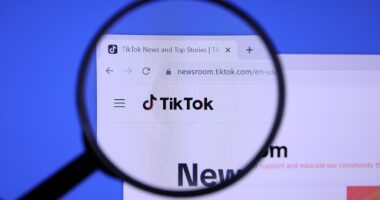Universal Music and Warner Music are nearing landmark artificial intelligence licensing deals as record labels attempt to set payment terms for tech companies using their music.
The labels could each strike deals with AI companies within weeks, reports the Financial Times.
Universal and Warner represent acts including Taylor Swift, Kendrick Lamar, Charli XCX and Coldplay. Talks have involved start-ups, including ElevenLabs, Stability AI, Suno, Udio, and Klay Vision, alongside large technology companies such as Google and Spotify.
The labels view negotiations as a proactive approach to AI disruption, avoiding mistakes from the internet era that nearly destroyed their business at the turn of the millennium.
Discussions have centred on licensing songs for creating AI-generated tracks and training large language models. Labels are seeking a payment structure similar to streaming, where playing a song triggers a micropayment. To calculate payments, labels want AI groups to develop attribution technology similar to YouTube’s content ID system that identifies when their music is used.
Spotify remains in early stages of exploring how to integrate generative AI tools to its platform and no deal is imminent, according to three people with knowledge of the matter.
AI-generated tracks are increasingly appearing on streaming services. French streaming service Deezer said in September that nearly a third of tracks uploaded to its platform were AI-generated. Last week, Spotify said it removed 75 million “spammy” AI-generated tracks in the past year.
Elliot Grainge, chief executive of Atlantic Records, likened the current moment to the “Napster and LimeWire phase of 2002” when free music-sharing services hammered the industry, but said he was “very bullish” about the opportunity. He told the Financial Times last month: “I have great faith in the soon-to-be marriage between rights-holders, artists and these AI platforms.”
Sony Music, the third major label representing Adele and Beyoncé, said it is discussing partnerships with companies that have ethically trained models benefiting artists and songwriters.
One senior label executive noted the complexity: “What’s different is when you take the entire history of music and feed it into a model that produces something unrecognisable. The question is: are artists going to get on board?”
In 2024, leading record companies sued Suno and Udio for copyright infringement. They are now in talks with both start-ups and hope to reach licensing agreements, including settlement for past music use.












